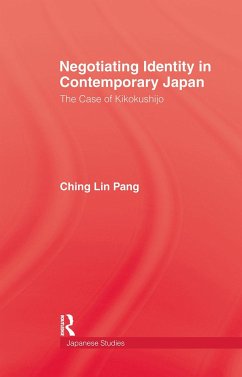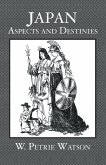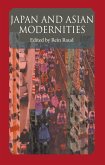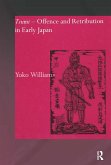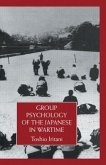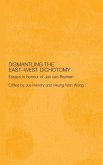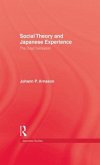The problem of Japanese identity has been the core object of study in the discourse of Japanese culture. This work investigates changes in the Japanese ethnonational identity, as an outcome of the interplay among different processes in the transnational cultural flow, through a case study of the kikokushijo or "returnees," children of expatriate parents who grew up abroad. While previous studies have seen "returnees" as disrupted from Japanese society and culture, which is characterized as homogeneous and monolithic, this study reflects recent developments in the field, in which a more relational view of Japanese culture is emerging, in which difference is acknowledged and juxtaposed with uniformity and homogeneity as paradigmatic alternatives. The study describes how returnees live, think, express themselves and construct their identity in the context of the tension between Japanese ethnonational identity and the overseas sojourn. Different discourses, including the historial dimension of Japanese ethnonoational identity, culture as flow and postmodernism, carried out on the macro, median, and micro levels, have been analyzed in order to gain a greater understanding of chaning Japanese ethnonational identity in general, and the identity of returnees in particular, in the face of increasing mobility in a globalized world.

